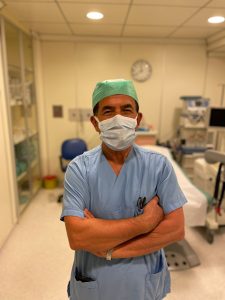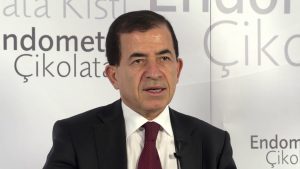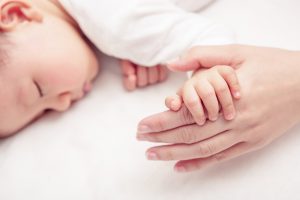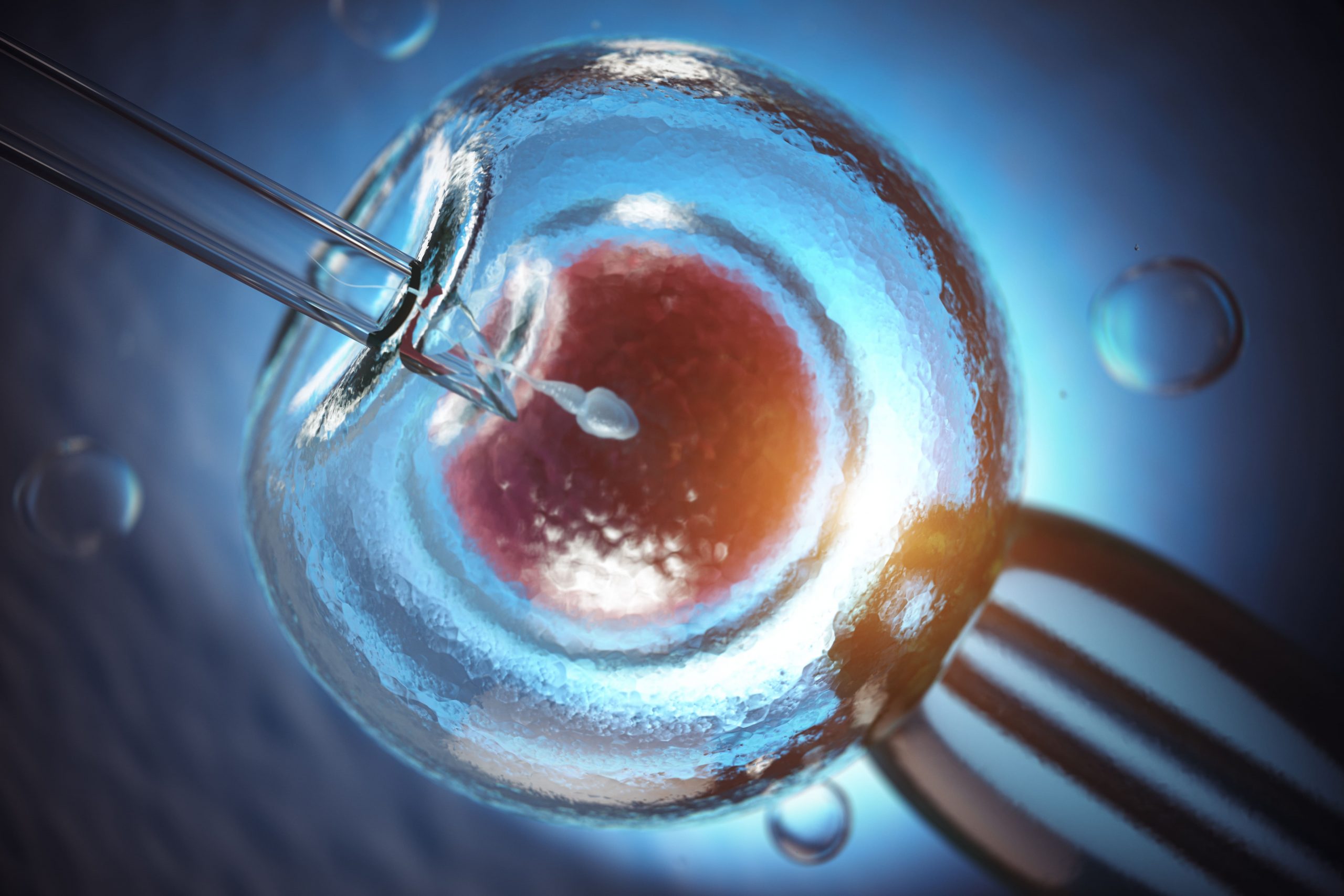 In vitro fertilization, which allows couples to have a baby in many cases such as blockage in the tubes, infertility, infection and low sperm quality in men, the quality of the eggs is a situation that increases or decreases the probability of pregnancy. The more important the age limit is in normal pregnancy, the more important it is in IVF treatment.
In vitro fertilization, which allows couples to have a baby in many cases such as blockage in the tubes, infertility, infection and low sperm quality in men, the quality of the eggs is a situation that increases or decreases the probability of pregnancy. The more important the age limit is in normal pregnancy, the more important it is in IVF treatment.
“Today, women take a more active role in social and business life. However, couples can act comfortably with the thought that they can get a response from IVF treatment if it is delayed in conceiving by normal means. As a result, some women delay having children. However, one of the most important factors affecting success in IVF applications is the age of the expectant mother.” said Gynecology and Obstetrics Specialist Prof. Dr. Yücel Karaman shared important information about how age affects fertility and success in treatment.
Why is age important in IVF?
At birth, women have 2 million eggs in their ovaries. It decreases until the adolescence period and goes down to 250 thousand levels. After this period, 1-2 eggs are laid in each menstrual period, while the growth of many eggs ends and disappears. Until the age of 35, the number of eggs gradually decreases. However, after the age of 35, the rate of egg reduction accelerates and women experience a rapid egg loss. In older women, more in vitro fertilization attempts may be required to achieve a viable pregnancy. For this reason, especially after the age of 35, recommending women not to delay pregnancy, Prof. Dr. Yücel Karaman said, “Because fewer eggs are collected in IVF treatment in older women, and the proportion of eggs that can achieve a healthy pregnancy among the collected eggs decreases. Fortunately, nowadays, with the advancement of science and technology, success can be achieved within Vitro fertilization treatment in older women.”
 Decreased number and quality of eggs affects the success
Decreased number and quality of eggs affects the success
The period with the highest fertility rate in women is between the ages of 24-34. While the probability of pregnancy is 30% between the ages of 35-40, it is 10-20% between the ages of 40-45 and less than 5% in those who have IVF at the age of 45. The factors affecting the success of IVF treatment are the number of eggs developed in women and egg quality. Unfortunately, with age in women, both the number of eggs decreases and the quality of eggs decreases, and the potential for pregnancy decreases. Despite using higher doses of drugs in older women, sometimes eggs cannot be developed. Again, as age progresses, the rate of fertilization and the rate of attachment of the embryo to the uterus decrease. In addition, various age-related uterine anomalies (fibroids, polyps, endometriosis, etc.) or diseases will reduce the chance of pregnancy.
Women over the age of 40 can apply to the PGD method
Especially in women over the age of 40, the quality of the embryo developed due to the decrease in egg quality also decreases. While the decrease in embryo quality reduces the chance of conception, it also increases the risk of miscarriage in those who become pregnant. Therefore, using the preimplantation genetic diagnosis (PGD) method and using the best quality embryos in vitro fertilization in women over 40 years of age will increase the chance of pregnancy, while reducing the risk of anomaly and miscarriage in the baby. However, the application of PGD to every patient over the age of 40 is still controversial. There is no set age limit for men. Sperm production never ends in men.
 The egg freezing process provides advantages for IVF
The egg freezing process provides advantages for IVF
These women can freeze and store their eggs. The aim here is to protect the reproductive abilities of women who want to have children at an advanced age. Egg freezing is done by growing and collecting the eggs in the ovaries using certain drugs. This process is performed with the treatment of approximately 10-12 days.
Eggs frozen with this process are fertilized with her husband’s sperm in the following years, in case the woman marries, embryos are obtained and the woman’s chance of having a child is increased. In general, women who are 34-35 years old but do not plan to become pregnant in the near future are suitable candidates for egg freezing. After the age of 35, egg freezing can be performed again. It should be noted that the chance of obtaining quality eggs is lower after the age of 35. Egg freezing can also be performed in women with reduced ovarian reserve at earlier ages (in their 20s or early 30s). In addition, egg freezing can be performed for women who will receive chemotherapy or radiotherapy for reasons such as cancer, and for women whose ovaries will be surgically operated on for gynecological reasons.



